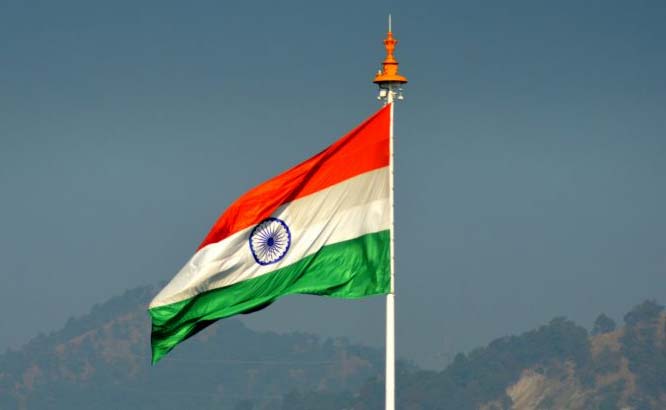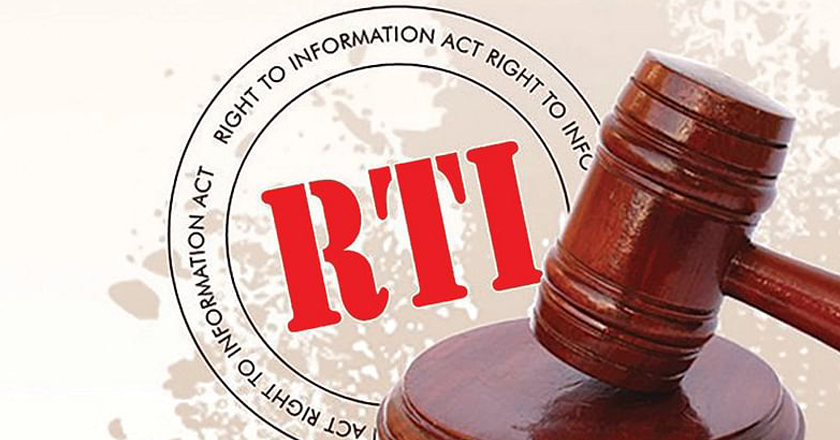My recent visits to two Southern states and meetings with several old friends point to the emerging Indian scene. What signals do I think point such a trend? An all-round feeling evident is uncertain living and insecurity that people are experiencing or perceiving. Which in turn is an undercurrent inhibiting feel-good factor and good governance. As a social researcher, I could not ignore but go into the roots of such trends. Thanks to terrible times that New Delhi was in the last two months, including severe cold, I had spent six weeks going round some villages, visiting some Public schools, and discussing with several young and old. Based on these interactions, I come to this sum up of that understanding.
What are the indicators for such an overall trust-deficit trend despite increased bet of one or two individual political leaders at the helm? Some critical observations are referred here so that people cope with individually, civil society minimise the effects and centres of governance adjust and be accommodative. These trends include:
Also Read : How well Gandhian ideas have taken roots in India? Have they?
1. People perceive “uncertain future” both at micro and macro level. They see uncertainty in markets, economy and in governance. Old are not sure of their care from their children. Young are not sure of their future same way as farmers are. Middle class are going through a precarious time and many nurture a sort of vengeance within.
2. The rule of law is not seen as consistent or reliable even in simple situations faced by citizens. Discretionary functioning of law and authority is perceived or experienced. Such a feeling is no longer an undercurrent but seen as blatant and even in an “eye for eye” outlook.
3. This phenomenon of governments and political parties viewing and making citizens dependents ignores a fundamental aspect of the Constitution. Leaders do not expect local citizens to be active and even active participants in local developmental efforts. “Discriminative governance” is at its height with chances to prevail upon or avail public services by only those of the party in power. Luring citizens with doles or quid-pro-quo has become routine, as at the time of elections, intruding into individual dignities and productivity. This is happening at a time when “Atma Nirbhar” is being reiterated.
4. Proliferation of government sees no restraint all across the levels and contexts. Instead of reversing the trend, both the popular and majoritarian governments are on expansion spiral. For example, my village now has four different government offices and more than half a dozen paid employees against one panchayat office a few decades ago. This is not decentralisation or empowering. It is redundancy and bureaucratising in such a way that villager has no option but to seek or approach a middleman, obviously a local worker of the party in power.
Also Read : Can a centralised education policy empower people?
5. One area where I have not seen change when the world is witnessing dramatic shift in the paradigm is education. Corporate Residential schools continue to focus on en mass coaching based classes missing a big change globally. States like AP should have been the foremost to shift over to e-learning and to online classes, and explore self-learning opportunities. The corporates seem worried more about use of infrastructure they built long ago than catching up with the new wave.
6. What bothers me even more is blatant casteism and communalism pervading all across and in all fields including the education. Never before this phenomenon was so penetrating and outrageous. Leaders themselves are in the forefront. For example, I received a proforma from my village high school for compiling a directory of old students in which the very third column is caste and community. I, of course, refused to yield despite the fact that it was a requirement from the higher authorities! How we ever come out of this mania should worry sane people more than ever before. This is adding to the divides, giving a long rope to political leaders.
Also Read : We, the parties…
7. Another disturbing observation is polarisation of public affairs, not just on party-lines or/ and on castes. Even more, there are no independent sane voices. No one is taking to or talking of moderation, including in the news media. Rationalisation of policies or public postures of leaders and parties is no longer evident, as if there is no scope for checks and balances culture anymore and that inclusiveness being talked is mere rhetoric!
8. News media are engaged more to compete in pouring oil on political debates, in digging divides between people, injecting animosities between leaders, and keep the bitterness in people alive. Political leaders are as much or more responsible for this trend. Public decencies are not even upheld by news media in one-upmanship. Social media posts are creating havoc as if frontline soldiers in political battles and with war time propaganda strategies. Exceptions are few.
Also Read : Legendary K B Tilak, a forgotten footprint!
9. Public institutes including constitutional bodies are being reduced in their dignity, capacity and responsibilities by dragging them in to caste, group and party rivalries as never before. Control and command has become the most relied methodology of the incumbents.
10. Decline in rational debates and discourse is so glaring as if facts and figures lost out credibility. Even when basic issues are crying out for public involvement, core concerns of people are being cluttered deliberately and public attention diverted as a skill.
Also Read : Why Children missing, student suicides are not a National Concern?
11. Is snubbing civic dissent good or bad? I keep questioning myself now, once again. May be good for the party in power, but bad for the people and the country for sure. This dilemma is a source of disinformation of all sorts and a barrier in realising the cherished goals. Curbing space for citizen activism spells and signals a deeper malice. Those in power do not want to be reminded of it.
12. No one talks about values in public any more. No takers for principles, standards and quality in public services. No public consultations are seen as if means do no longer matter. Obviously this tendency has implications for every other aspect of the trajectory of governance, development and democracy.
Also Read : How could we see a respite in fake news phenomenon in 2021!
13. Political leaders have no sensitivity that one gets power for a “tenure “and that they are “trustee-volunteers” to offer public service. And that while in power, leaders have an opportunity to set good examples to the successors. Abusing predecessors in power as responsible for problems of the day, even midway in power, signals serious malice in politics and loss of direction of leaders in power.
14. Destabilising is no way of change or for development and growth. But that is what seems to be the preoccupation of those in powers. Lack of concern for future beyond five years or next election and aspirations is a problem. I do not see anyone in power or outside talking beyond the context of elections convincingly and credibly.
Also Read : Sustaining sanctity of Tirumala calls for urgent initiatives
The incumbent in office today has an opportunity of setting landmark precedents and becoming a truly role model by changing the paradigm instead of only the rules of the game. Instead of relying on beaten track of reward-punishment or threat-appeasement, the opportunity is for compassionate-consultations route. Instead of continuing blame- game, raising a future perspective of the people is more durable. Instead of being contended with an electoral majority, the real potential is in paradigm change by addressing the mind-sets of people and by yielding to public sensitivities of wider significance. Real triumph comes from motivating and taking people along to work together. Freedom from fear and removing uncertainty is more durable in that process. Impressive electoral power should not remain contagious. It is time for parties in power to reverse these trends.
Also Read : Sanctity, sustainability of Tirumala Hills should never be in doubt or under threat!
The author is a New Delhi based longstanding analyst of public policies and governance.




